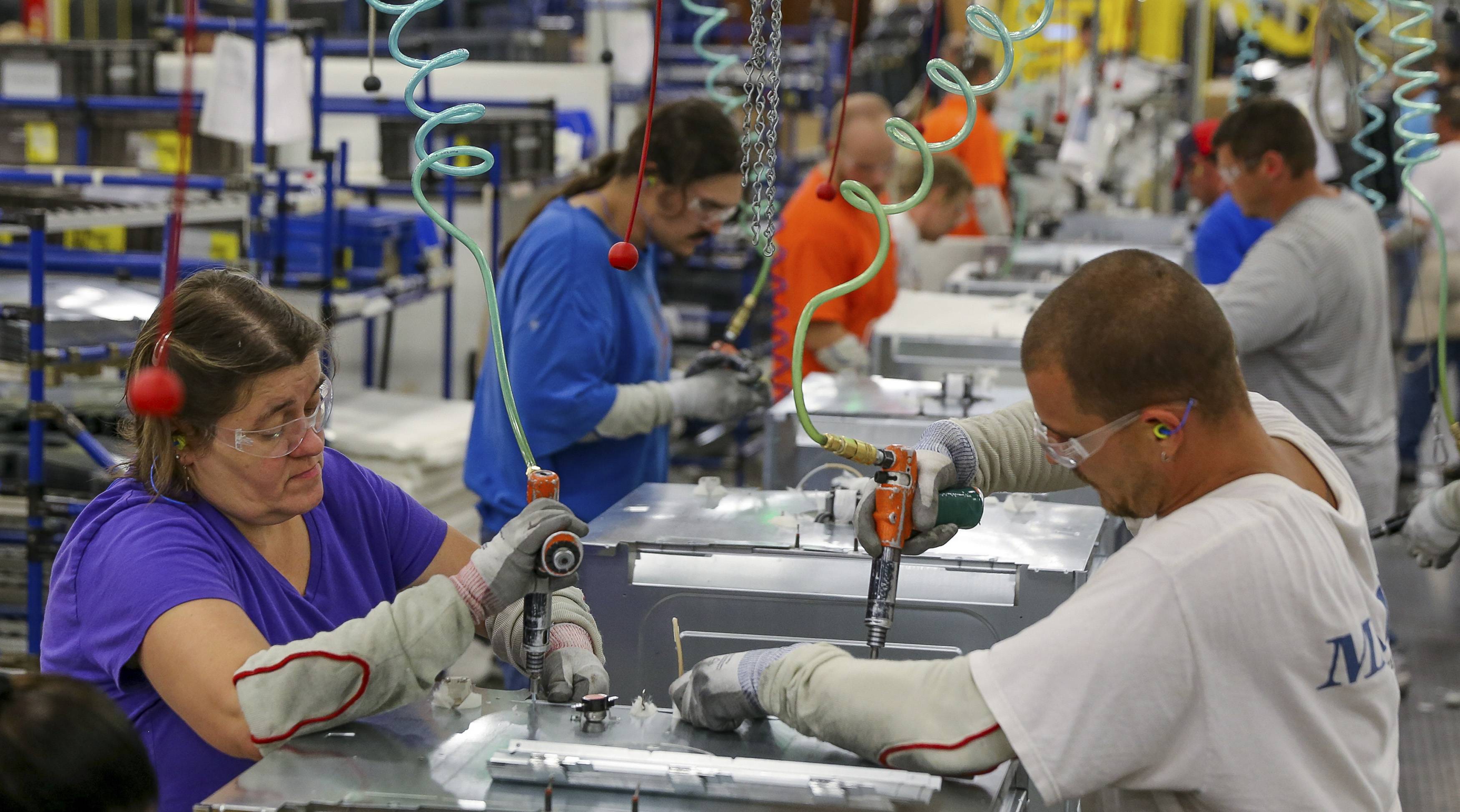There's been a lot of talk about the U.S. experiencing a K-shaped recovery, with large companies and the rich recovering while smaller companies and lower-paid service workers struggle. But this divide also shows up in the way Americans are shopping.
July personal spending data confirmed a simultaneous boom in consumption of durable goods such as cars and refrigerators and a depression in spending on services. This is the exact opposite of what happened in the 2008 recession. But such a durable-goods boom is unsustainable, whether or not we ever get a vaccine for the coronavirus. When it ends, markets might be in for a period analogous to 2015-16, when a slump in energy investment rattled global markets even as consumer spending and employment kept growing.
Big tech companies have gotten much of the credit for the surge in equities since March, but this durable-goods boom has played a role too. It's why shares of home-improvement stores such as Lowe's Cos. Inc. and Home Depot Inc., appliance makers such as Whirlpool Corp., electronics retailers such as Best Buy Co. Inc., and companies that sell home goods such as Williams-Sonoma Inc. and Wayfair Inc. have done so well.


















With your current subscription plan you can comment on stories. However, before writing your first comment, please create a display name in the Profile section of your subscriber account page.